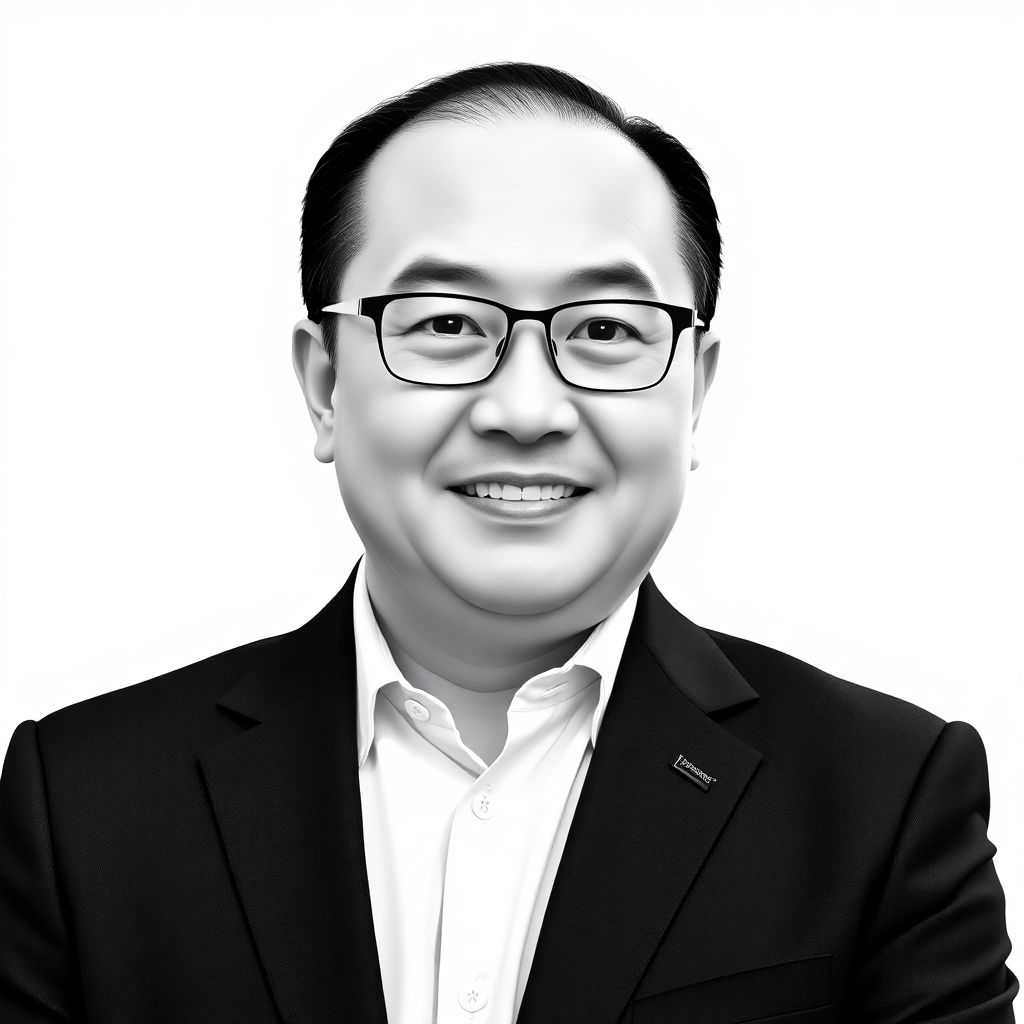Binance co-founder Changpeng Zhao, widely known as “CZ,” has publicly rejected any claims suggesting he has business ties with former U.S. President Donald Trump or his family. Speaking in a recent interview, CZ addressed the controversy surrounding his unexpected presidential pardon in October 2025, clarifying that he had no prior contact with Trump and no involvement in any lobbying efforts.
Zhao admitted he was “somewhat surprised” by the pardon, particularly because he had never met or interacted with Trump directly. He emphasized that there were no business dealings, no negotiations, and no communication between him, Binance, and the Trump family, including their cryptocurrency initiative, World Liberty Financial. “There’s no connection. No discussions. No deals. That’s the truth,” CZ stated firmly, dismissing all speculation.
The pardon followed Zhao’s 2023 guilty plea to violations of U.S. anti-money laundering regulations, specifically the Bank Secrecy Act. As a result, he stepped down as CEO of Binance, paid a $4.3 billion penalty on behalf of the company, and was sentenced to four months in federal prison. He completed his sentence in September 2024. The presidential clemency, however, has now expunged his criminal record.
The Trump administration’s decision to grant clemency to Zhao and other crypto figures was framed by White House Press Secretary Karoline Leavitt as a symbolic move to end what they described as the Biden administration’s aggressive stance against the cryptocurrency sector. According to Leavitt, this was part of a broader shift in regulatory approach under Trump’s leadership.
In his FOX News interview, Zhao acknowledged the changing regulatory landscape in the U.S., pointing out that the previous lack of legal clarity surrounding cryptocurrencies made compliance difficult. “Even when I admitted guilt, there wasn’t a clear framework to follow. Now, we’re seeing that develop, and that’s a positive change,” he explained.
He also praised the GENIUS Act, a legislative reform introduced under the Trump administration, as a step forward in providing the industry with the regulatory certainty it has long needed. Zhao believes that the United States is now taking a leading role in shaping global cryptocurrency policy.
While rumors circulated that Trump’s sons were instrumental in securing Zhao’s pardon, the former president himself claimed he didn’t personally know the Binance founder. This statement added to public speculation that political or financial interests may have influenced the decision. However, no concrete evidence has emerged to support allegations of a quid pro quo or any private arrangements.
Zhao’s comments aim to restore public trust in his leadership and Binance’s reputation following the high-profile legal battle. He highlighted his decision to plead guilty as a strategic move to take responsibility and help Binance move forward. “We chose to face the issue directly. It was the most responsible path for the company and for myself,” he said.
Looking ahead, Zhao remains optimistic about the future of blockchain and digital assets in the United States. He believes that increased regulatory clarity will foster innovation while ensuring compliance and protecting consumers. According to him, the U.S. has the potential to become a global powerhouse in the crypto market, provided it continues to refine and implement pro-industry regulations.
In addition to his comments on U.S. policy, Zhao discussed the broader implications of government involvement in the crypto space. He stressed the importance of maintaining decentralization and transparency, even as regulation becomes more structured. “Regulation should not stifle innovation. It should support it while protecting participants,” he noted.
Since stepping down from Binance’s leadership, Zhao has remained active in the blockchain community as an advisor and investor. He has continued to emphasize education, transparency, and compliance as core principles for the future of the industry.
There is growing interest in how Zhao’s pardon might impact the legal landscape for other crypto executives facing scrutiny. Some analysts suggest it could set a precedent for future clemency decisions, especially if political administrations continue to shift toward more crypto-friendly policies.
The Binance case also raises critical questions about corporate accountability and regulatory enforcement in the digital asset sector. While Zhao’s legal troubles drew global attention, the real test might be how companies like Binance implement long-term compliance strategies to prevent similar issues.
As the political and regulatory climate evolves, the intersection of cryptocurrency and governance remains a contentious subject. With major exchanges like Binance under intense scrutiny and global governments seeking to tame the rapidly growing market, the importance of transparent leadership and ethical business practices has never been greater.
Ultimately, Zhao’s story demonstrates both the challenges and opportunities facing crypto pioneers in a world where innovation often outpaces regulation. Whether the pardon will boost Binance’s reputation or continue to generate skepticism remains to be seen, but CZ appears determined to leave his legal troubles behind and focus on the future of digital finance.

